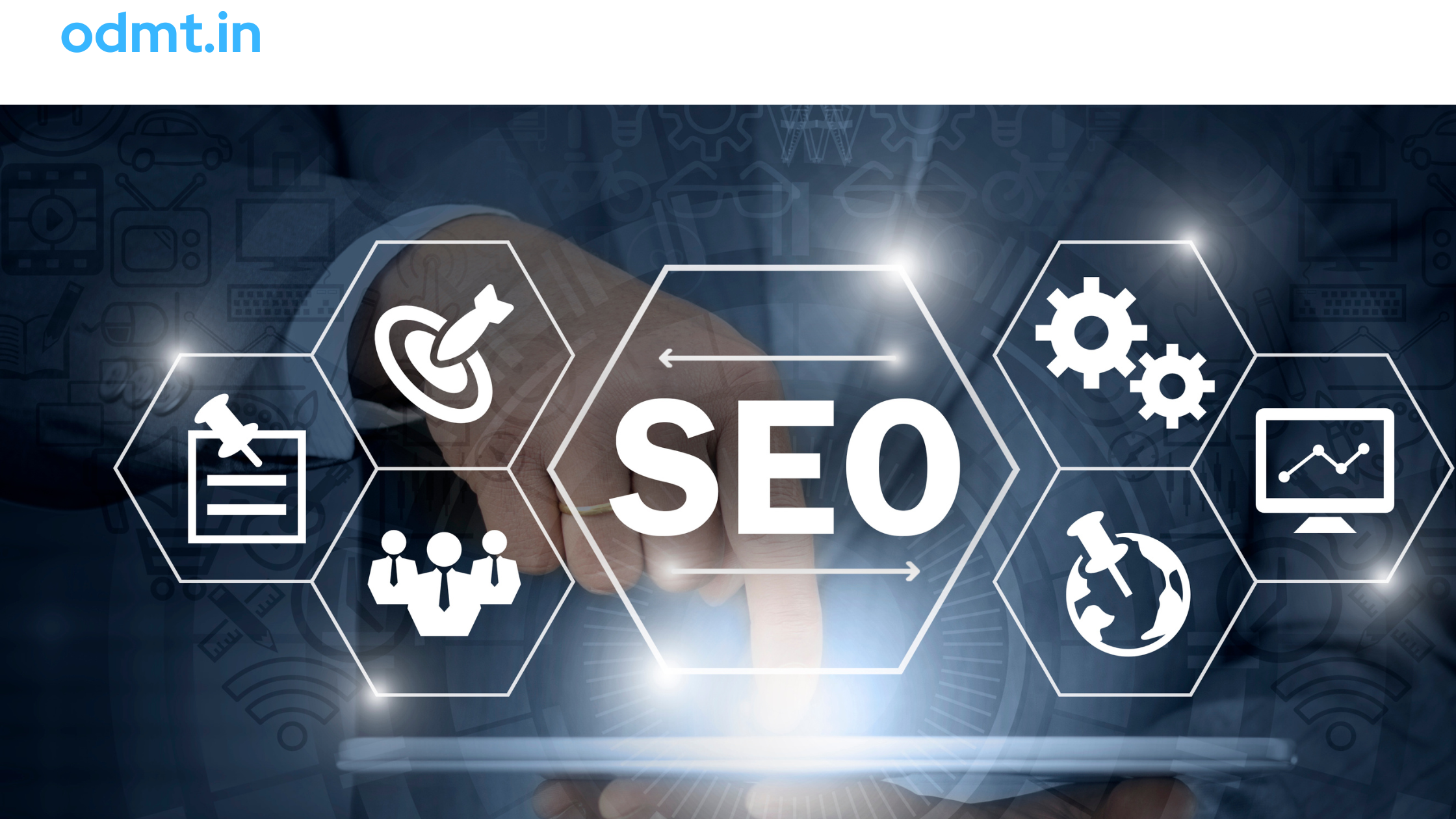ON-PAGE OPTIMIZATION:
What is On-Page Optimization?
On-page optimization (also known as on-page SEO) is the process of optimizing individual web pages to improve search engine rankings and enhance user experience. Unlike off-page SEO, which focuses on external factors like backlinks, on-page optimization is all about refining the elements within a webpage to make it more search engine-friendly.
When properly executed, on-page SEO helps search engines understand your content better, making it easier to rank for relevant keywords. It also improves user experience, leading to increased engagement, lower bounce rates, and higher conversions.
Key Components of On-Page Optimization
1. Title Tags & Meta Descriptions
- The title tag is an HTML element that defines the title of a webpage. It appears as a clickable headline in search engine results (SERPs).
- A meta description is a brief summary (about 150-160 characters) of a webpage’s content, displayed below the title tag in SERPs.
- Best Practices:
- Keep the title tag between 50-60 characters and include the primary keyword.
- Write compelling, unique titles that encourage clicks.
- The meta description should contain relevant keywords and a call to action.
2. URL Structure(Perma Links)
- URLs should be short, descriptive, and keyword-rich to improve usability and search rankings.
- Avoid using dynamic URLs with numbers and symbols (e.g.,
example.com/page?id=123). - Use hyphens (-) instead of underscores (_) to separate words.
Example:
✅ example.com/best-seo-strategies (SEO-friendly)
❌ example.com/seo_tips_123 (Not SEO-friendly)
3. Header Tags (H1, H2, H3, etc.)
- Header tags structure content hierarchically, making it easier for search engines and users to navigate.
- The H1 tag should contain the main keyword and represent the main topic of the page.
- Use H2 and H3 tags for subheadings and sections to improve readability.
4. Keyword Optimization
- Primary keywords should be naturally integrated into:
- Title tag
- Headings (H1, H2, H3)
- First 100 words of content
- Meta descriptions
- Image alt text
- LSI (Latent Semantic Indexing) keywords are related terms that help search engines understand content context.
Example: If your main keyword is “digital marketing,” LSI keywords could be “online advertising,” “SEO,” and “social media marketing.”
5. High-Quality Content
- Content should be original, informative, engaging, and valuable to users.
- Avoid keyword stuffing (excessive use of keywords), as it can lead to search engine penalties.
- Content-Length: Longer, well-researched content (1,500+ words) tends to rank higher.
- Use bullet points, short paragraphs, and visuals to enhance readability.
6. Internal Linking
- Internal links connect one page of a website to another, helping search engines discover new content.
- It distributes page authority and encourages users to explore more pages, increasing session duration.
- Use descriptive anchor text (e.g., “Learn more about SEO strategies” instead of “Click here”).
7. Image Optimization
- Alt text: Describes the image for search engines and visually impaired users.
- File names: Use descriptive, keyword-rich file names (e.g.,
on-page-seo-guide.jpginstead ofimage1.jpg). - Compression: Reduce image size using tools like TinyPNG or WebP format for faster loading.
8. Mobile-Friendliness
- Google follows mobile-first indexing, meaning mobile versions of websites are prioritized in rankings.
- Websites should be responsive, ensuring seamless viewing across all devices.
- Avoid pop-ups that disrupt user experience on mobile screens.
9. Page Speed Optimization
- Google’s Core Web Vitals measure loading performance, interactivity, and visual stability.
- Improve speed by:
- Compressing images and using modern formats (WebP).
- Enabling browser caching.
- Minifying CSS, JavaScript, and HTML.
- Using a Content Delivery Network (CDN) to distribute content faster.
10. Schema Markup (Structured Data)
- Schema markup is code that helps search engines understand page content better.
- It enables rich snippets (e.g., star ratings, FAQs, event details) in search results, improving click-through rates.
Example: A recipe page using schema markup might display cooking time, calories, and user ratings in Google results.
IMPORTANCE OF ON-PAGE SEO OPTIMIZATION:
- Improves Search Engine Rankings – Helps search engines understand and rank content effectively.
- Enhances User Experience – Improves readability, navigation, and engagement.
- Boosts Click-Through Rate (CTR) – Well-optimized meta titles and descriptions attract more clicks.
- Increases Page Speed & Performance – Faster-loading pages improve user retention and SEO.
- Higher Conversion Rates – Better user experience leads to more conversions (sales, leads, etc.).
Final Thoughts
On-page SEO is a crucial part of any digital marketing strategy. By optimizing key elements like titles, content, images, and speed, you can improve your website’s rankings, drive more traffic, and enhance user engagement. Consistently updating and refining your on-page strategies will help maintain strong search engine visibility in the long run.
